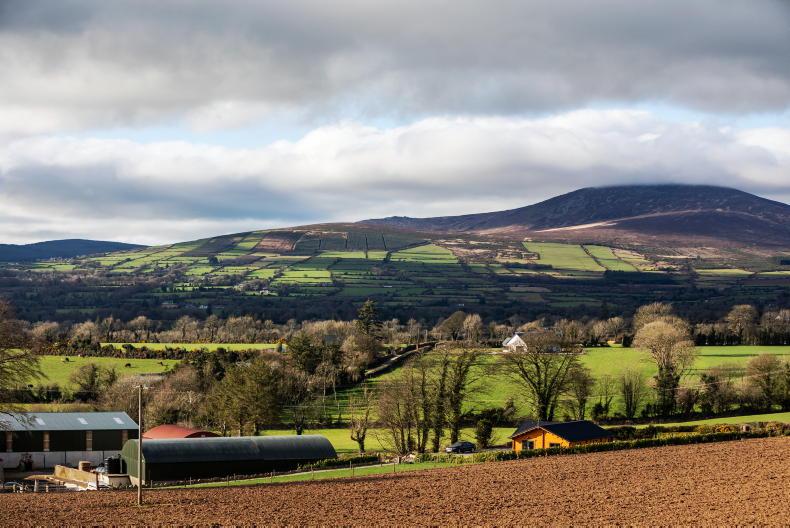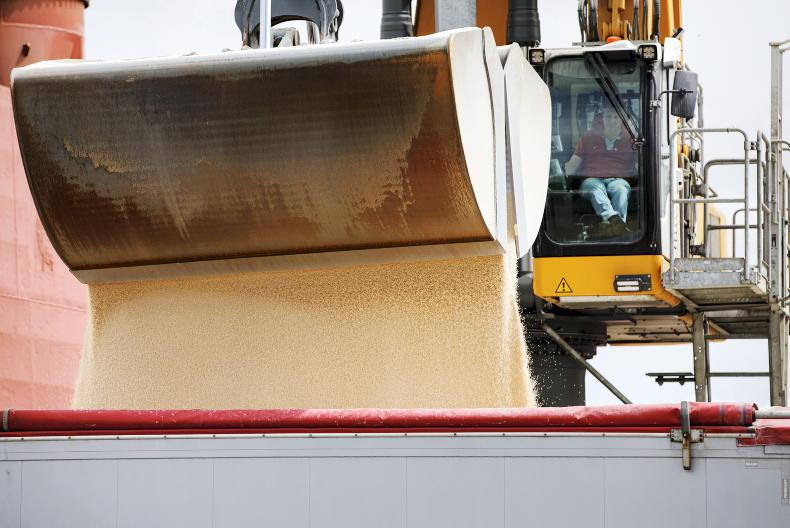The European Commission will issue a communication on its response to the EU fertiliser supply and price “crisis” this Wednesday, according to Commissioner for Agriculture Janusz Wojciechowski.
This communication will indicate the Commission’s plans for European-level actions in response to the increase in energy prices across the union and the subsequent effects of these higher prices on the availability and cost of fertilisers across the union.
“All possibilities” have been examined in the Commission’s analysis of the situation, such as an easing of import duties and anti-dumping tariffs, the Commissioner said.
However, no indication was given on the likelihood of an easing of these measures by the Commission when addressing the Dutch parliament’s committee on agriculture last Thursday on EU agri-environmental reforms.
Anti-dumping
The deputy head of DG Agriculture’s governance of agri-food markets unit Fabien Santini had told the Joint Oireachtas Committee on Agriculture last month that there exists a clause in the EU’s trade rules that allow for the temporary suspension of anti-dumping duties.
It must be proven that no “damage” will be caused by their removal after the Commission has been requested to examine the duties applied to particular goods.
COPA, the umbrella farm organisation to which the IFA belongs, had been among the groups to seek such a removal of duties from fertilisers last year after prices had begun to increase, according to Santini.
The anti-dumping duties on fertiliser sit at “between €30 and €40 per tonne” - depending on the particular fertiliser in question, the Commission official said.
Regular import tariffs are added to imported fertilisers on top of these anti-dumping duties, but their removal required a much more detailed analysis to be considered by the Commission, Santini added.
National level
Guidance will also be provided in the Commission’s response on the steps that can be taken at the level of individual member states to ease the consequences of the energy crisis.
This guidance will specifically include measures that intended on relieving “the situation with agricultural fertilisers”, the Commissioner told the committee.










SHARING OPTIONS